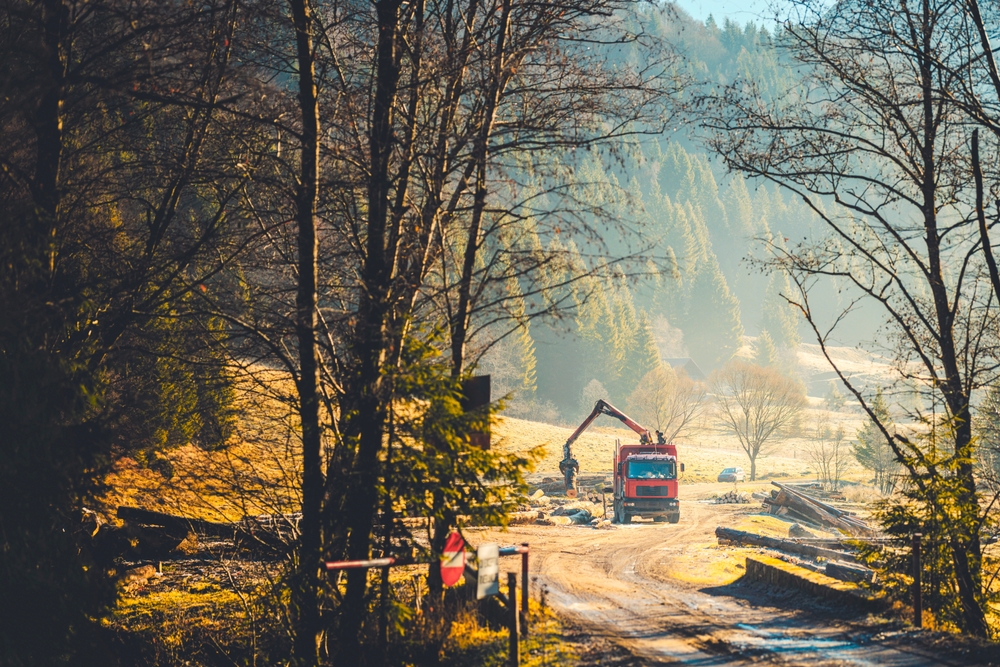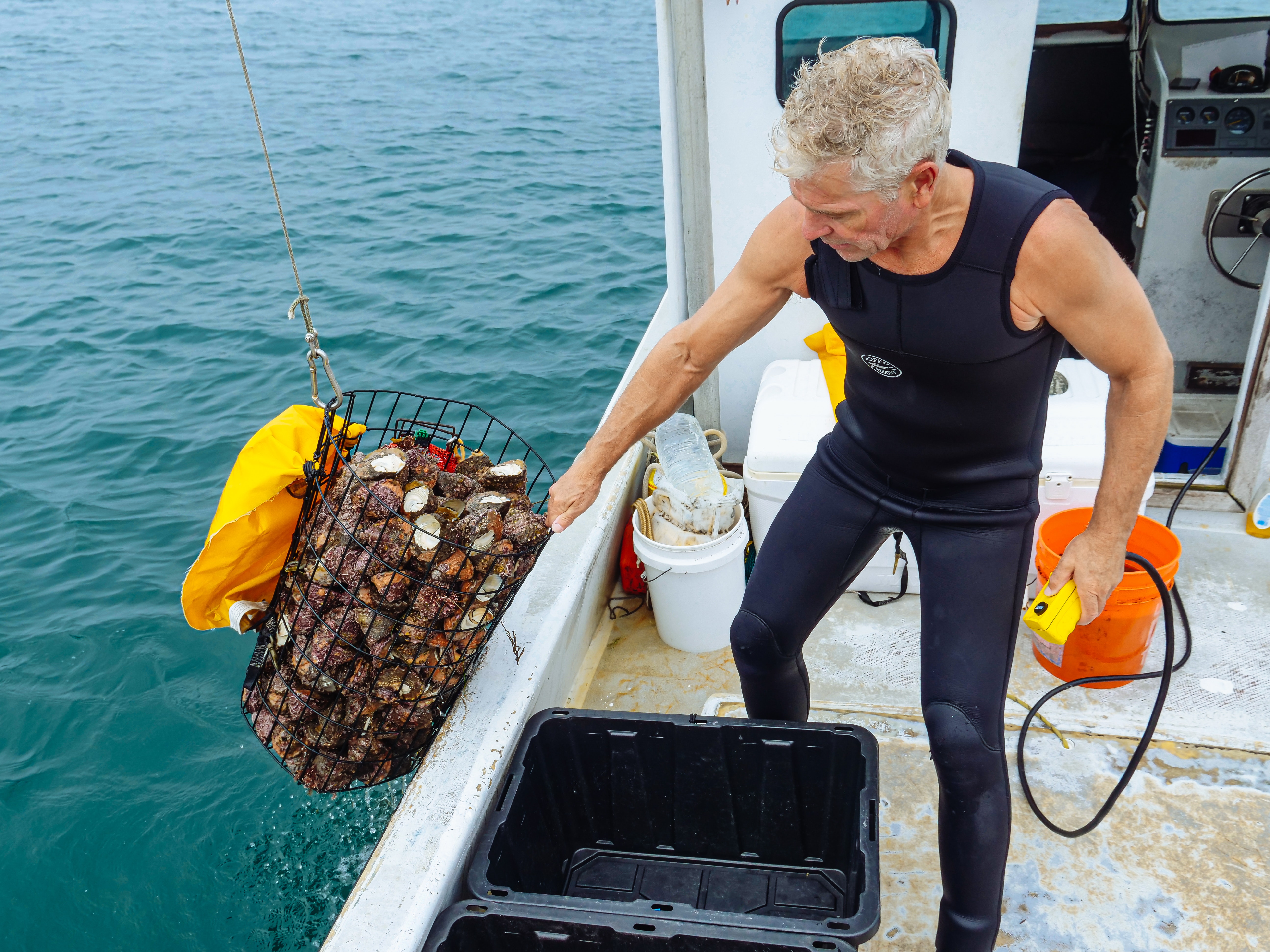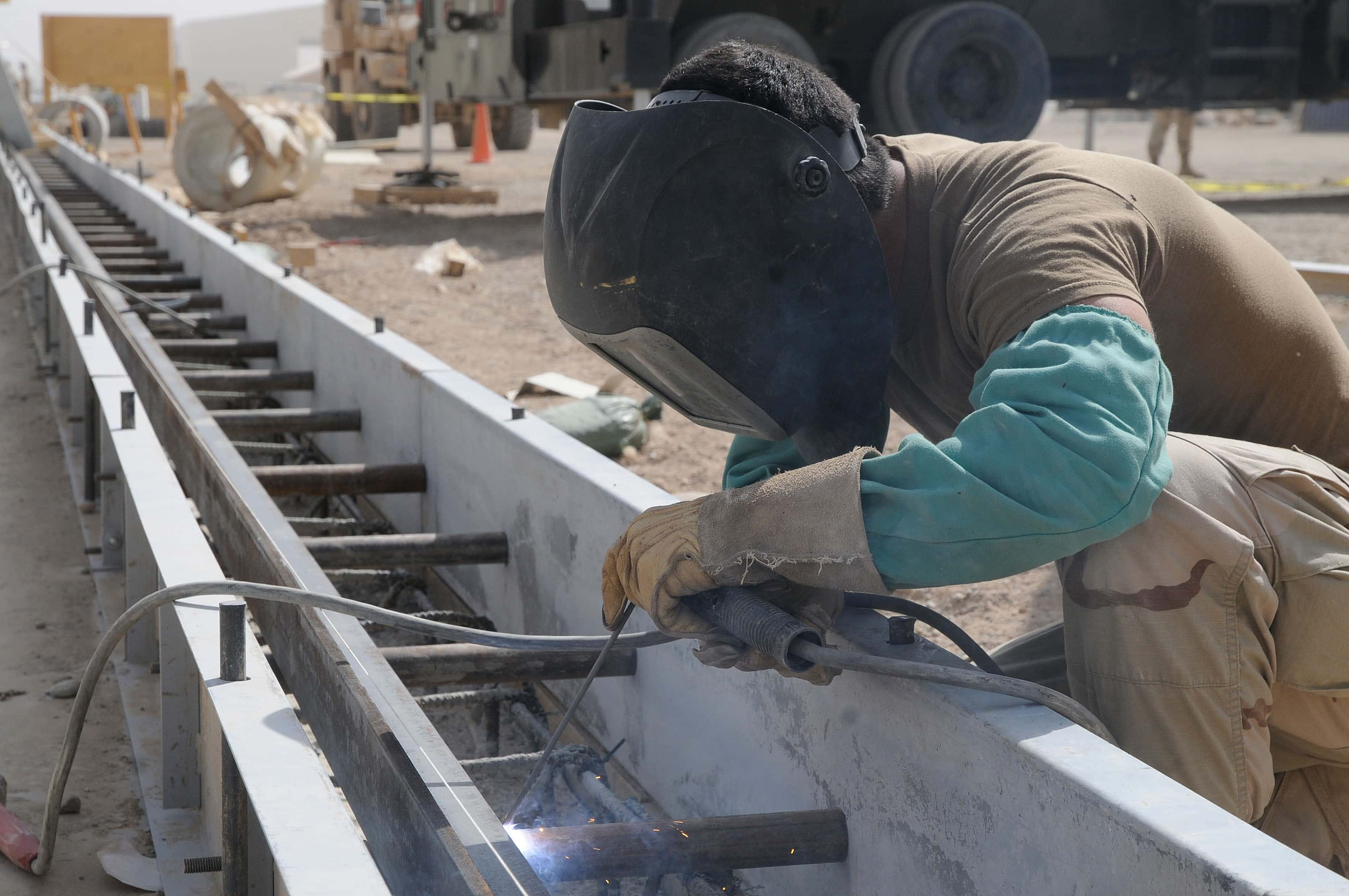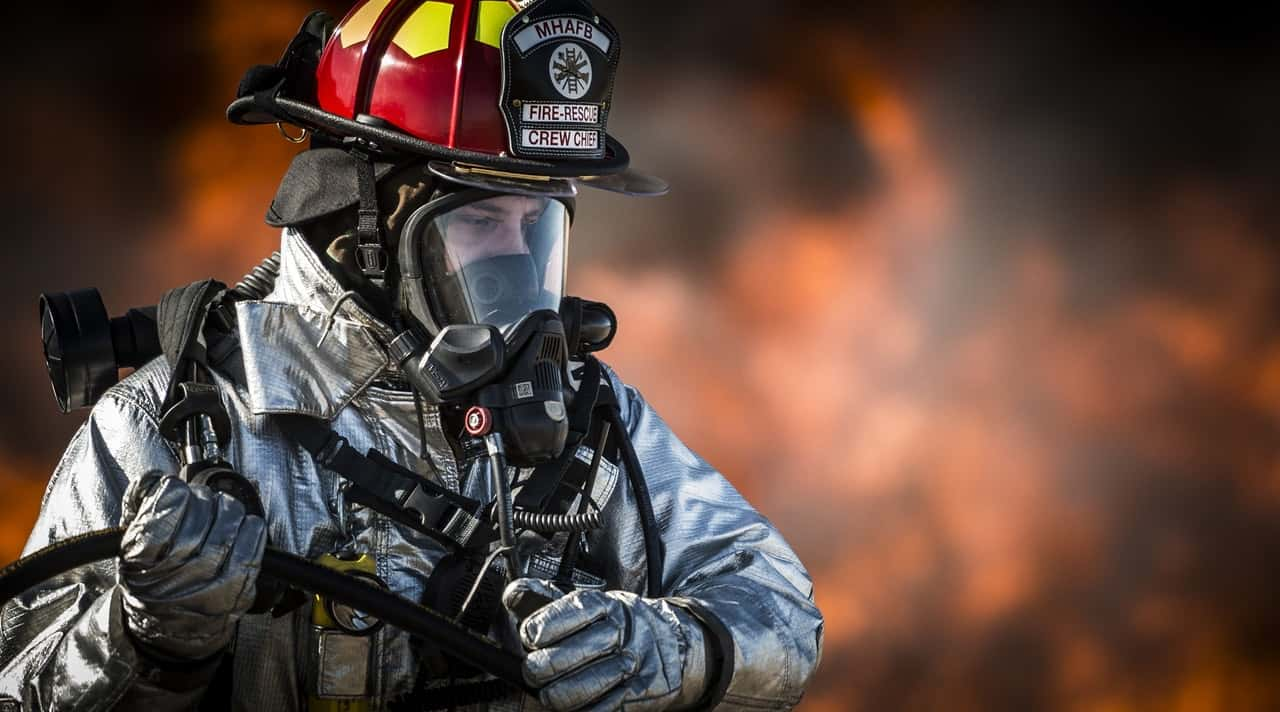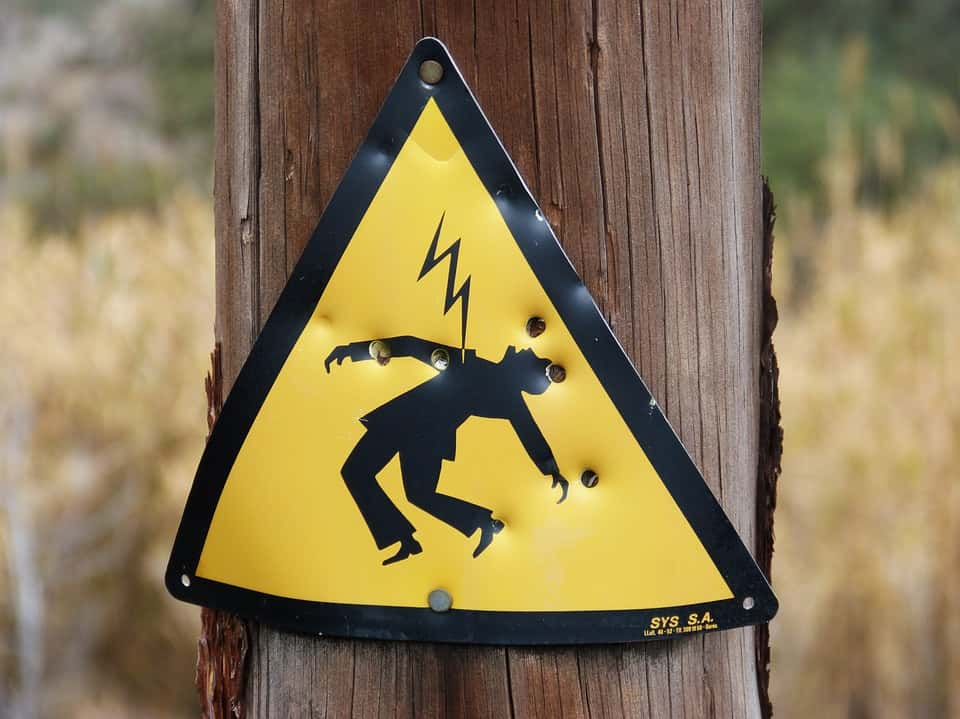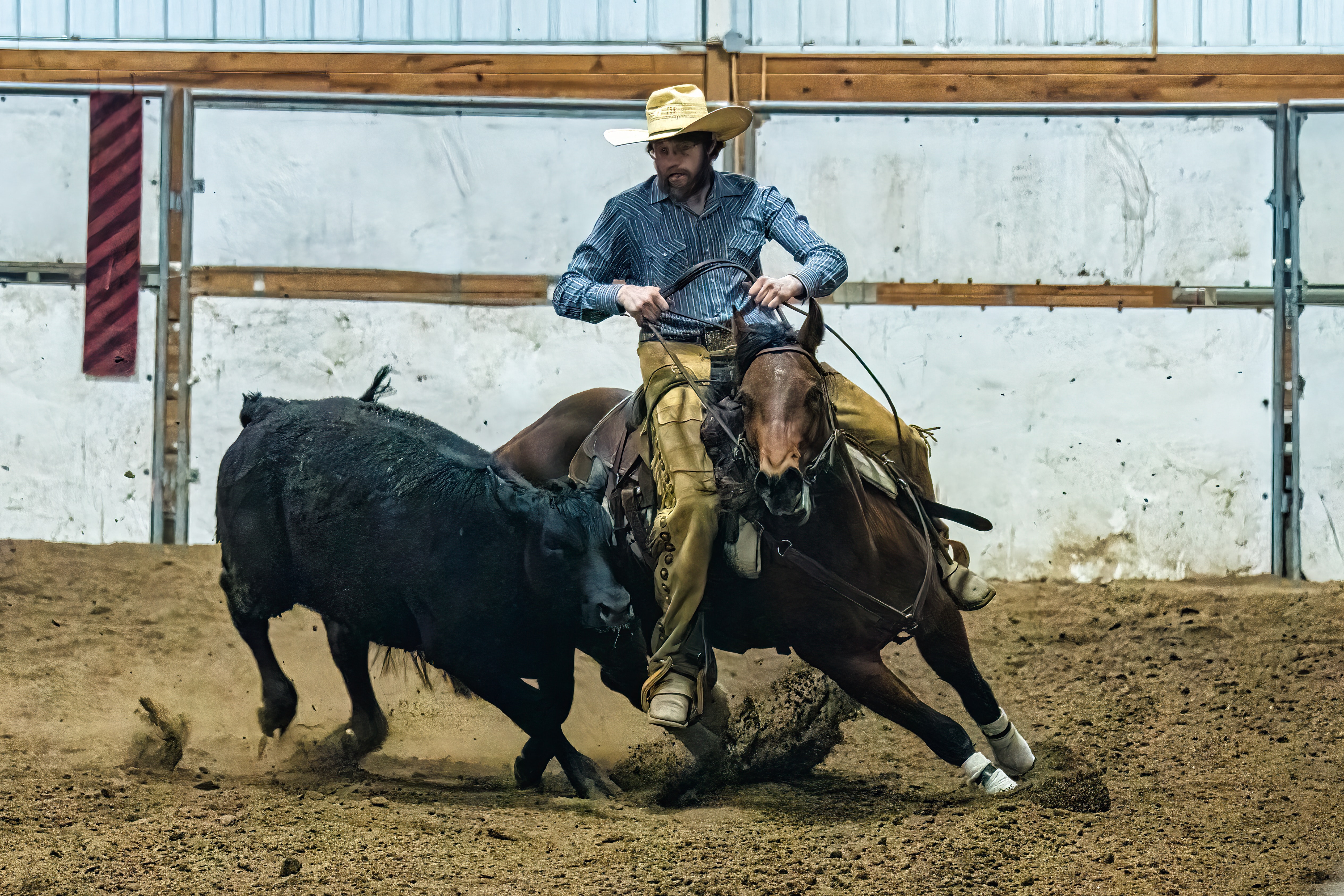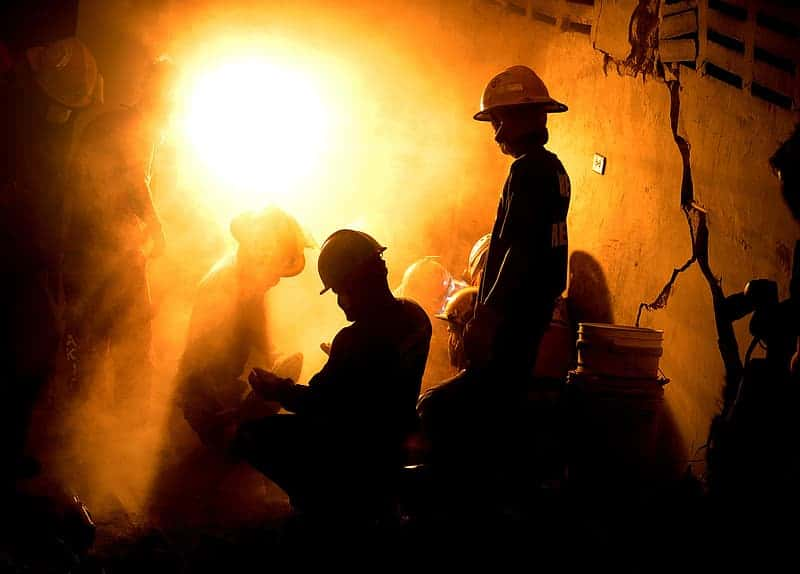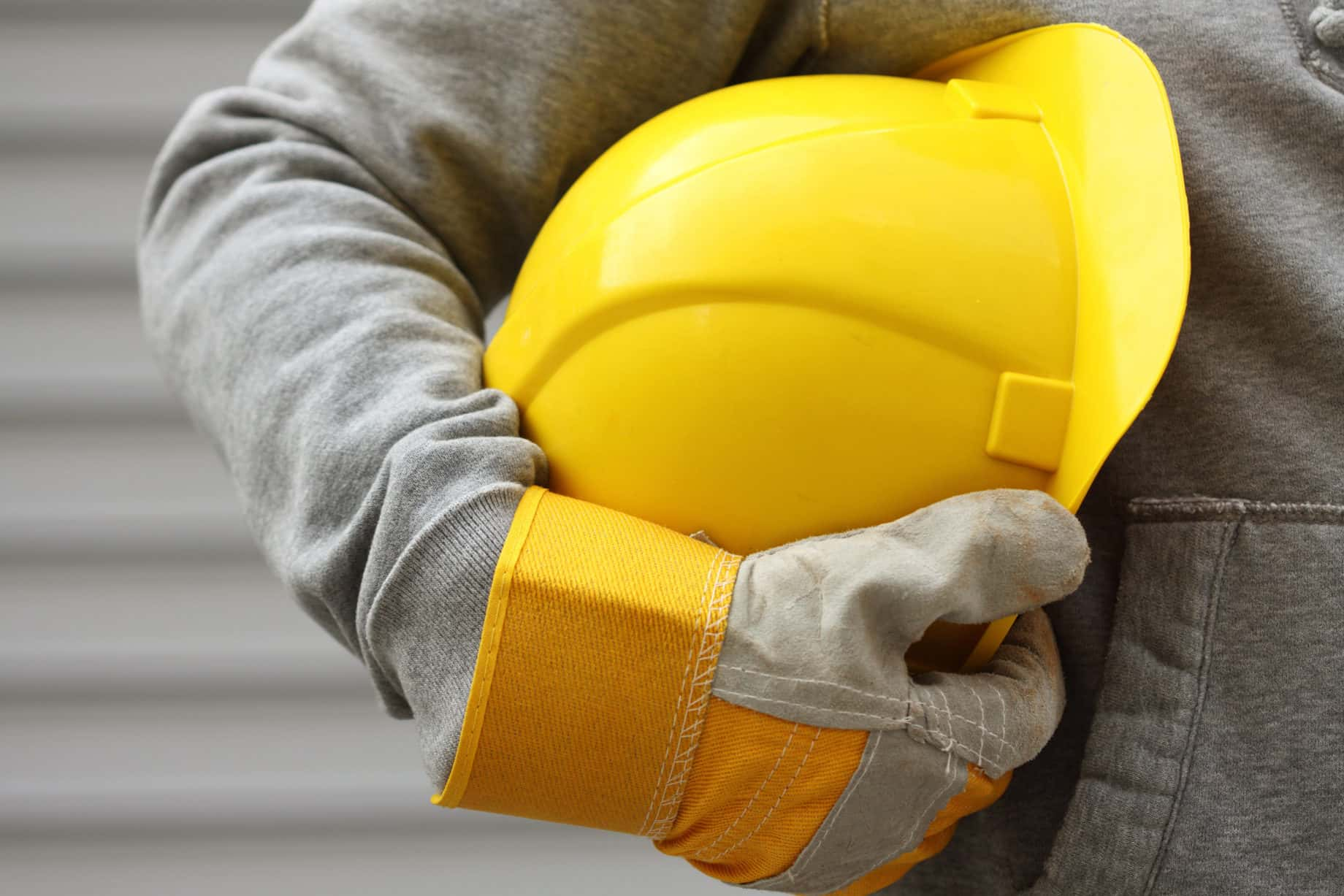15 of the Most Dangerous Jobs in the World
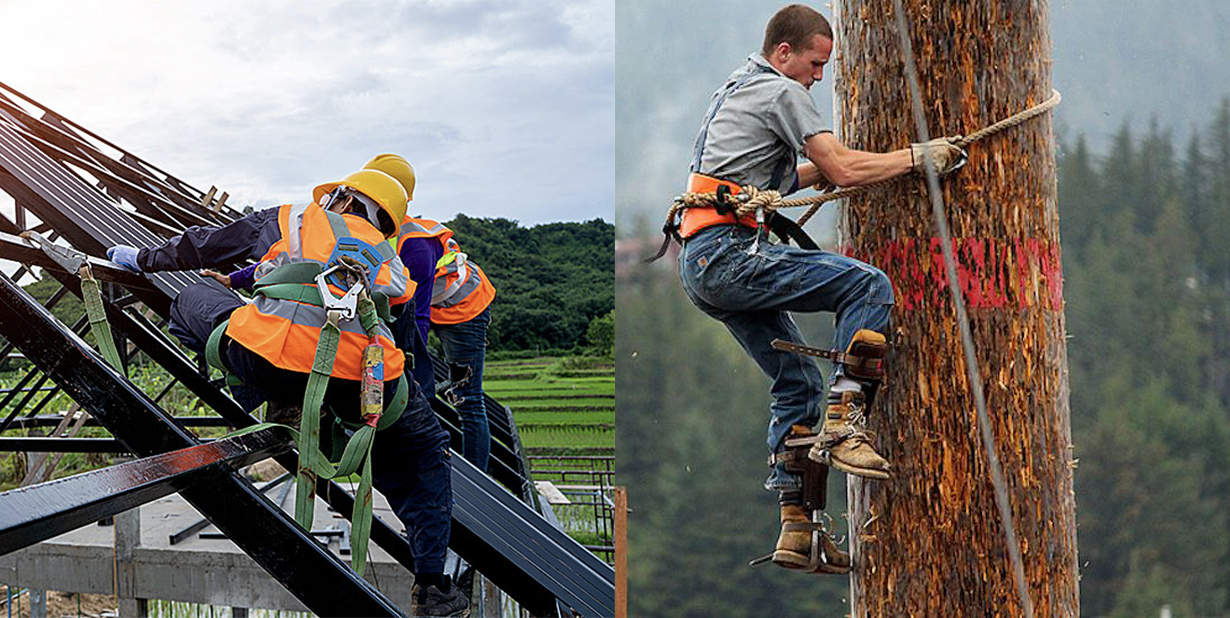
Of all the jobs in the world, some of them stand out not for their paychecks or prestige, but for the risks they carry.
Although every job comes with some challenges, there are certain roles that require people to face life-threatening situations almost daily.
In this article, we explore 15 of the most dangerous jobs in the world—what they entail, and how much they pay.
What is Danger Pay?
Danger Pay, also known as Hazard Pay, is additional compensation to a worker’s standard wage. It is given to employees who perform tasks that are particularly dangerous or hazardous.
This type of pay is designed to compensate workers for the increased risks they come across on the job.
Danger Pay is determined by an employer by doing a job analysis, while also taking into account regulatory standards and sometimes collective bargaining agreements.
The exact number of jobs that receive Danger Pay varies by region and industry. Typically, it is given to employees who have an increased risk of physical harm or exposure to harmful conditions.
Now, let’s dive into the top most dangerous jobs.
Logger
Loggers cut down trees for timber. It is said to be one of the most dangerous jobs in the world because they deal with massive weights and powerful machinery.
In fact, logging has a fatality rate of 135.9 per 100,000 workers.
Danger: Falling trees, malfunctioning equipment.
Salary: On average, $40,000 annually.
Danger Pay: No, but wages are higher to compensate.
Deep Sea Fisherman
Deep Sea Fishermen catch fish and other marine life from the deep, dark sea. More often than not, they experience extreme adverse weather conditions that put their lives in serious danger.
The fishing industry sees a fatality rate of 86 per 100,000 workers.
Danger: Drowning, hypothermia, and machinery accidents.
Salary: Approx. $25,000 to $80,000, based on catches and market rates.
Danger Pay: Yes, especially in dangerous locations.
Alaskan King Crab Fisherman
Similar to deep sea fishing, this job involves catching king crabs in the Bering Sea—often fighting dangerous icy conditions.
The Bering Sea claims the lives of over 70 fisherman a year.
Danger: Freezing waters, heavy machinery, and long hours.
Salary: Salaries can range widely, from $15,000 to $60,000 per season.
Danger Pay: Yes
Structural Iron and Steel Workers
Iron and Steel Workers install large iron or steel beams at seriously great heights. Even with extensive protective measures in place, falls still happen.
It is said that Iron Workers face a fatality rate of 33.4 per 100,000 workers.
Danger: Falls from heights, equipment failure.
Salary: $54,000 annually, or more.
Danger Pay: No, but wages are higher to compensate.
Stunt Performer
Stunt Performers execute high-risk acts for movies, tv shows, and live audiences. They do the risky stuff that the actors won’t do.
Three out of every 1,000 stunt performers face serious injuries each year.
Danger: Physical harm during risky stunts.
Salary: Can range from $5,000 to $250,000 per stunt, depending on complexity.
Danger Pay: Yes.
Astronaut
This one might be a bit more obvious to some. Astronauts literally travel and work in space. They conduct important research that carries extreme risk.
Space missions actually have a 1 in 9 chance of a catastrophic failure.
Danger: Exposure to radiation, potential spacecraft accidents.
Salary: NASA astronauts average around $66,000 to $145,000 per year.
Danger Pay: No, but wages are higher to compensate.
Firefighter
Firefighters risk their lives to save yours. They run into buildings that are structurally unsound or quite literally burning down, along with many other dangerous emergencies.
Approximately 70 firefighters lose their lives in the line of duty each year in the U.S.
Danger: Burns, smoke inhalation, collapsing structures.
Salary: On average, $50,000 annually.
Danger Pay: Yes.
Roofer
Roofers repair and install roofs on buildings—usually at great heights. Even with protective measures in place, falls happen. As well, they often work in hazardous weather conditions—particularly extreme heat and wind.
Roofers have a fatality rate of 49 per 100,000 workers.
Danger: Falls, heatstroke.
Salary: Average yearly salary of $42,000.
Danger Pay: No.
Pilot
Pilots operate aircrafts, navigating unpredictable skies. They are responsible for transporting goods, and people, across the globe safely.
Commercial aviation sees approximately 0.06 fatalities per 100,000 flight hours.
Danger: Air accidents, potential hijacks.
Salary: Commercial pilots' median wage is about $121,000 annually.
Danger Pay: Not usually, but some airlines offer it when flying over conflict zones.
Police Officer
Police Officer’s keep the public safe, investigate crimes, and enforce laws. Anything from a routine traffic stop to a risky pursuit can result in a dangerous situation.
Around 14 officers per 100,000 are fatally injured on the job each year.
Danger: Confrontations with criminals, potential gunfire.
Salary: On average, $65,000 annually.
Danger Pay: Often, yes, for high-risk operations or postings.
Bomb Squad Technician
Bomb Squad Techs obviously have a dangerous job—they inspect, disarm, and remove explosive devices. One wrong move will result in catastrophe.
Bomb disposal operations have a fatality rate of about 1 in every 10,000 defusals.
Danger: Explosions, potential shrapnel injuries.
Salary: Roughly $75,000 annually.
Danger Pay: Yes.
Electrical Power-Line Workers
Power-line workers repair and install electrical power systems. Working with electricity is a danger all in itself, but typically these workers also face the challenge of working at extreme heights.
Power-line workers face a fatality rate of 21 per 100,000 workers.
Danger: Electrocution, falls.
Salary: On average, $71,000 annually.
Danger Pay: No, but wages can be higher to compensate.
Bull Rider
Bull riders attempt to stay mounted on bulls for as long as possible in rodeo competitions. Bulls are large and aggressive animals and are often irritated to enhance the challenge. When a bull rider falls off the bull the risk of being trampled is imminent.
Roughly 1 in 15 professional rides results in injury.
Danger: Injuries from contact with the bull, falls.
Salary: Top performers can earn upwards of $500,000 annually, though many earn much less.
Danger Pay: No, but winnings can be substantial for top performers.
Mine Worker
Miners extract minerals from deep underground. They are confined to dark, cold, compact conditions. Miners face a fatality rate of 14 per 100,000 workers.
Danger: Cave-ins, gas exposures, machinery accidents.
Salary: On average, $62,000 annually for coal miners.
Danger Pay: Yes.
Construction Laborer
Construction laborers perform physical labor on construction sites. They work with a variety of power tools and machinery, sometimes at extreme heights, and some of them work in all weather conditions. Even with proper protective measures in place, Construction Laborers get injured on the job quite often.
Fatality rates for Construction Laborers is around 15 for every 100,000 workers.
Danger: Falls, equipment accidents.
Salary: Average annual pay is around $37,000.
Danger Pay: No.
The Importance of PPE
The safety of employees is the number one concern, no matter what the job is. This is where Personal Protective Equipment (PPE) comes in.
PPE is the final line of defense against workplace hazards when other control measures fall short. This means, when all else fails, hopefully your PPE will protect you.
Aside from the immediate safety benefits, PPE also highlights an organization’s commitment to their employee’s well-being, which overall improves morale and productivity. Workers are more likely to perform their job well if they feel safe doing so.
What Does PPE Look Like?
PPE comes in the form of helmets, gloves, masks, footwear, eye-protection, protective jackets/suits, and more. They lessen the risks of potential hazards like objects, machinery, chemicals, or weather, and can even reduce the risk of disease and fatalities.
Final Thoughts
Of course, every job has its risks, but those on this list require an extra dose of courage. Even with the risks, these jobs are essential to society.
It’s important that we remember to respect the individuals who perform these tasks every day to keep our world in working order.
And, as these figures illustrate, danger often comes with a price.



